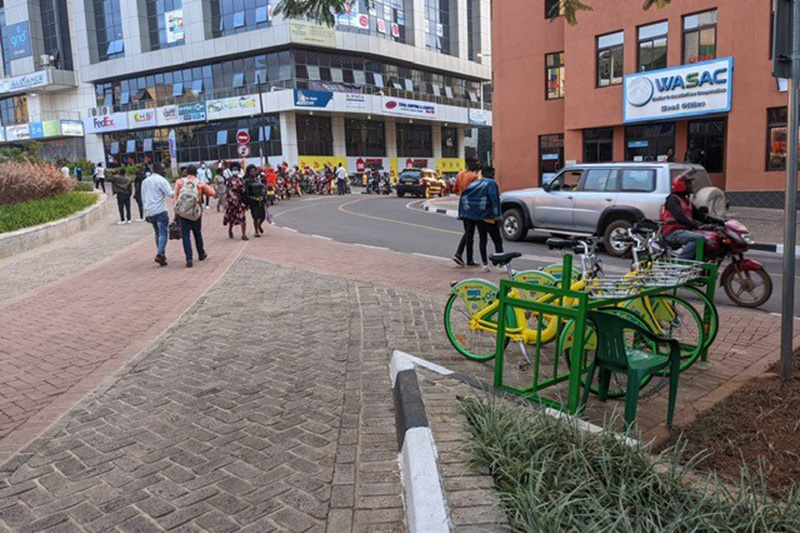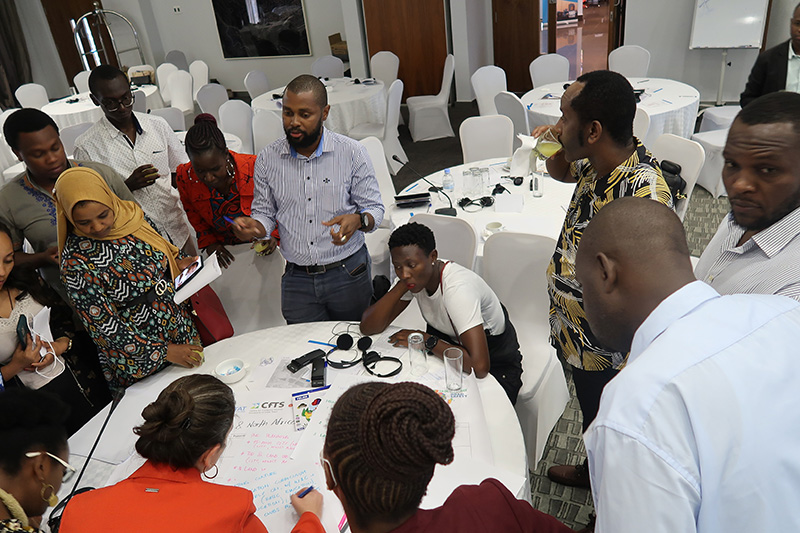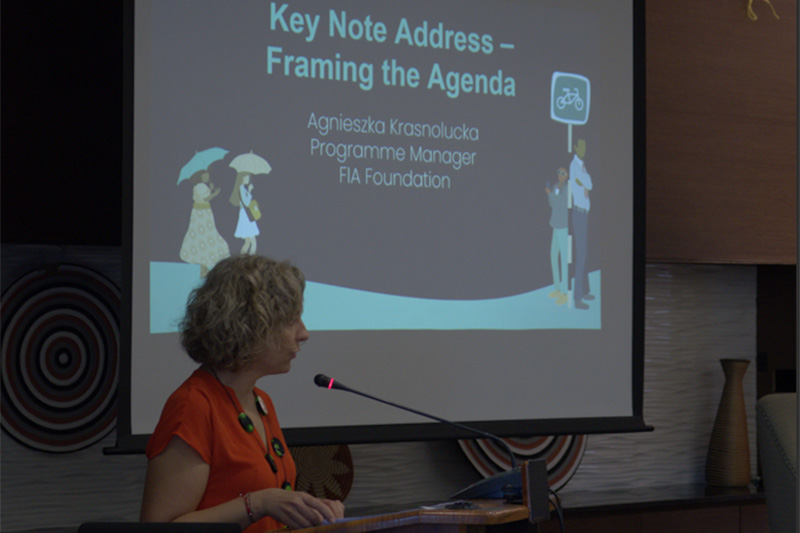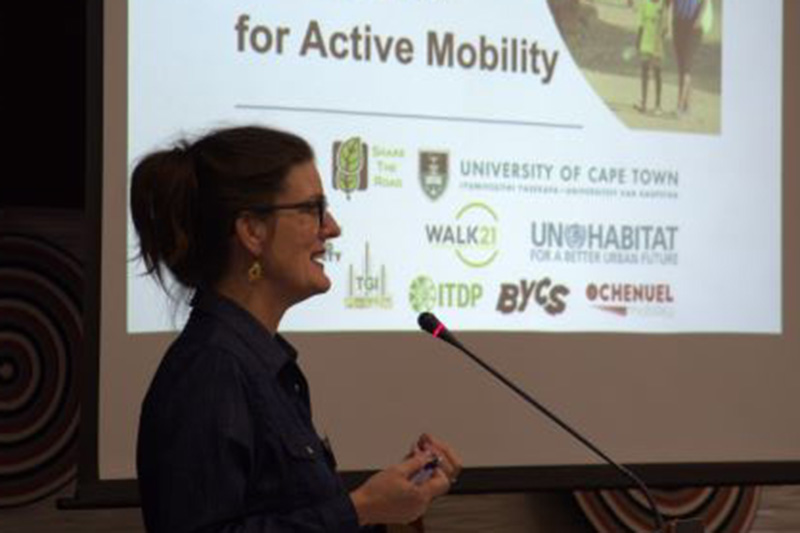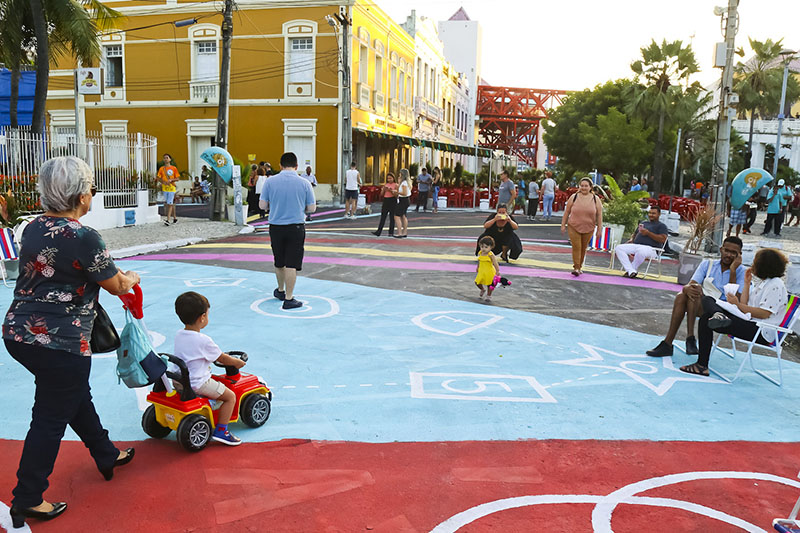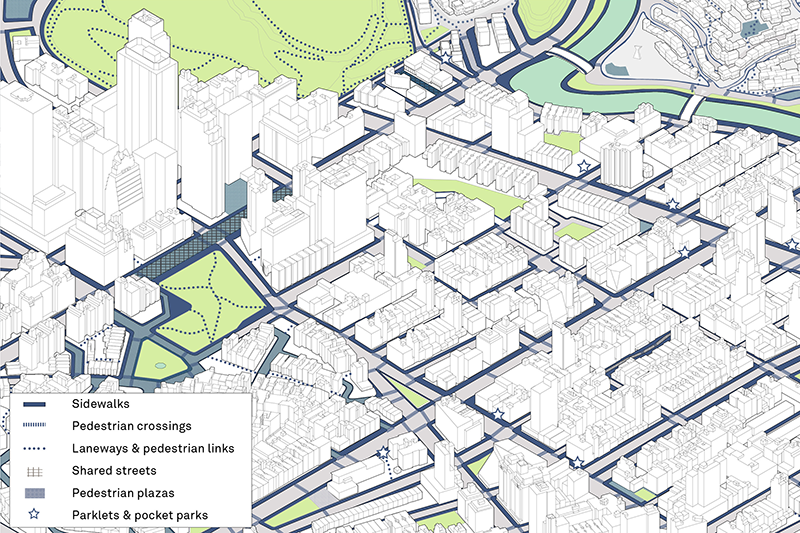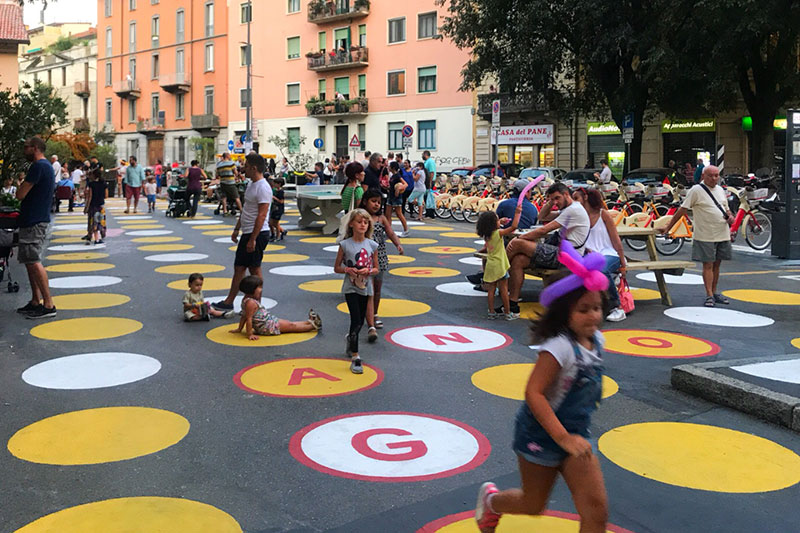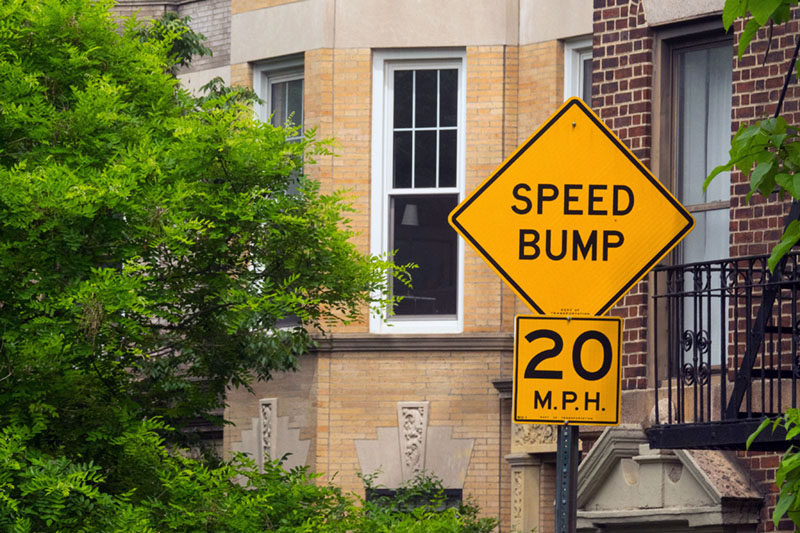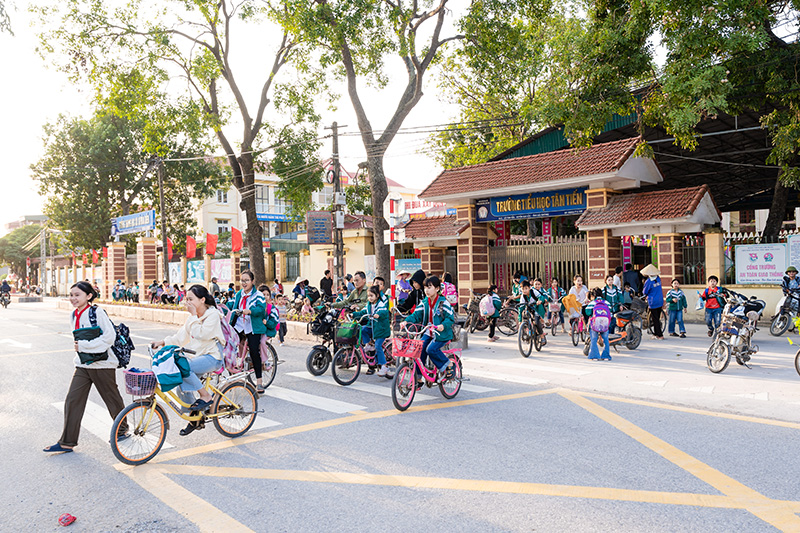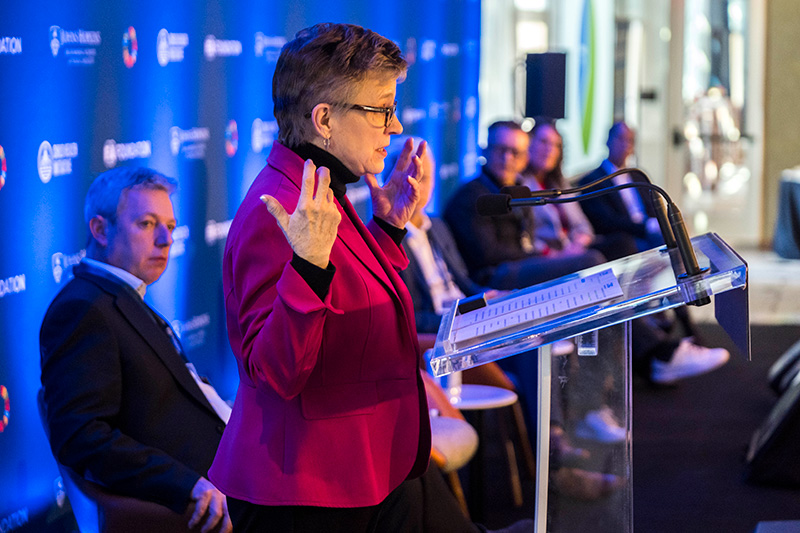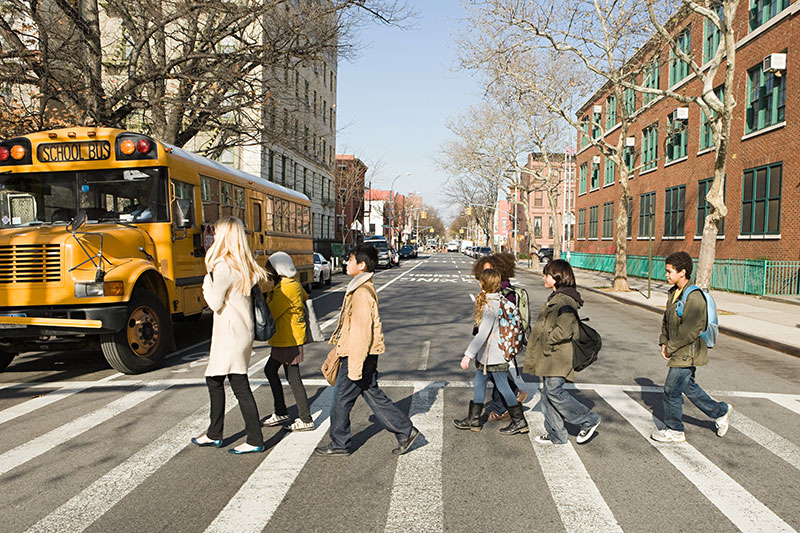Kigali Forum supports safe walking and cycling in Africa
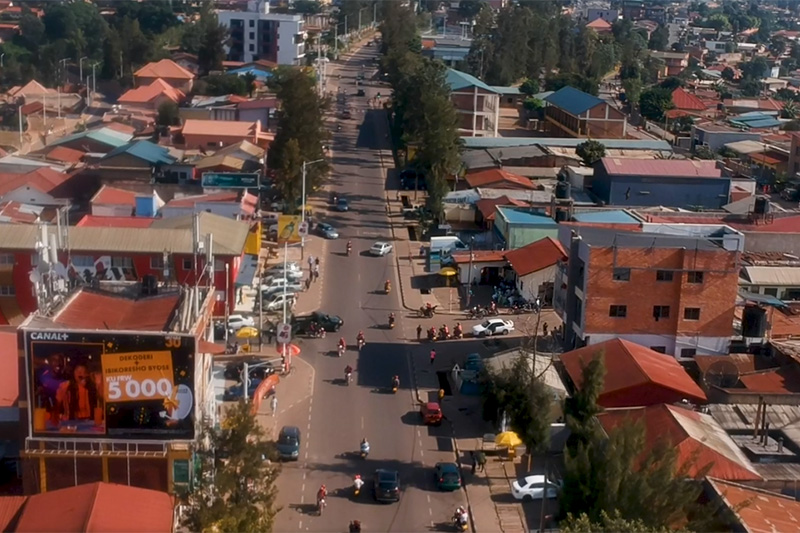
The Africa Regional Forum for Action – Inclusive and Active Mobility in a Changing Climate, was held in Kigali, Rwanda, from 7th to 9th June. Supported by the FIA Foundation through its partner UN Environment Programme (UNEP) in collaboration with Global Green Growth Institute, UN Habitat, Walk21 and a range of other international and local partners, the meeting brought together key stakeholders from across government and other agencies to discuss the issues affecting people walking and cycling in Africa, and to plan key steps for action ahead of COP27 in Egypt in November.
Giving a keynote speech, FIA Foundation Programmes Manager Aggie Krasnolucka set out the global importance of walking and cycling for meeting climate objectives, including the need for safety improvements to prevent road traffic injuries. She stressed we need to recognise the importance of walking in people’s lives, particularly in Africa, and the range of benefits it provides – enabling access to key services and education, as well as enabling new social connections, and also contributing to health and happiness. Her address followed the Mayor of Kigali, who welcomed people to the city which is hosting the Commonwealth Heads of State meeting.
A FIA Foundation-hosted Child Health Initiative session included a special focus on how to make streets safe for children. Simon Kalolo from Amend explained how Amend is implementing their School Area Road Safety Assessment programme (SARSAI) in schools and working to scale this up across the continent. Daniel Mwamba from Zambia Road Safety Trust explained how Star Ratings for Schools methodology is being used to improve infrastructure. He also highlighted the importance of coalitions in getting agreement for road traffic speed reductions around schools – Zambia have successfully introduced legislation to reduce speeds in these areas to 30mph. FIA Foundation Policy and Evidence Manager Richard Clarke shared three pieces of research, highlighting the issue of air quality around schools, the potential of school streets in Africa, and the official launch of the French version of the GDCI Streets for Kids guide.
The three-day meeting included a range of sessions focusing on different topics, including around data, financing, inclusive mobility, rural access, transit-orientated design, and road safety. It also featured interactive workshops, including a visit to the Kigali car-free zone, a pedestrianized street in the centre of the city which includes a cycle lane and cycle hire facilities, and a project providing bridges across rivers in rural areas. There was also a practical street audit exercise led by ITDP, which explored the impact of changing the turning radius of junctions – with the help of the police and some traffic cones – to see the impact on speed, and space for pedestrians.
The Regional Forum for Action finished by drawing together all the threads that had been discussed during the week, covering walking, cycling, infrastructure, investment, culture, leadership and road safety to draw into a set of priorities for African governments. Known as PAPAAM (Pan-African Plan of Action for Active Mobility) this will have include a set of commitments, developed in each region that will help to motivate and drive action. This work is led by the Africa Network for Walking and Cycling (ANWAC), supported by the FIA Foundation.
